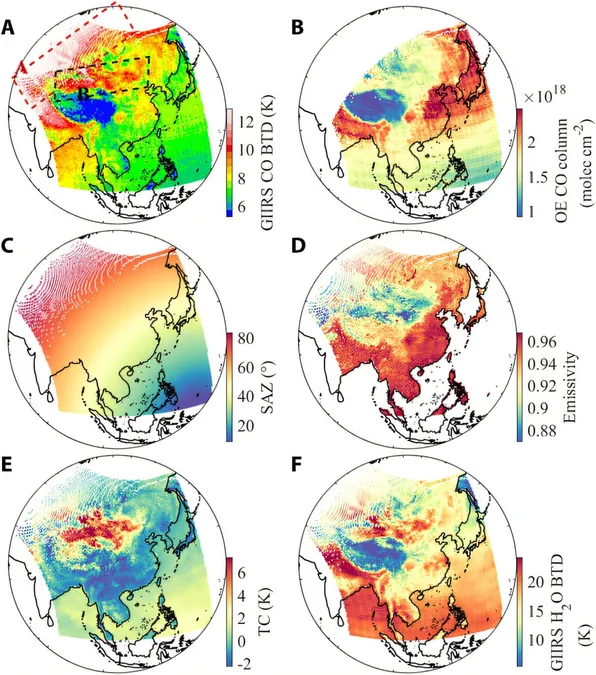
Strategies to Prevent Wound Infections After Heart Surgery Show Mixed Results
2024-12-02
Author: Emily
In a comprehensive review of medical literature, researchers evaluated 118 studies with over 51,000 participants to understand effective interventions for preventing surgical site infections (SSI) in patients undergoing cardiac surgery. Despite the vast amount of data collected, the majority of studies faced significant bias, making absolute conclusions challenging. The analysis highlighted four specific interventions that might hold promise in reducing the rate of infections and improving patient outcomes.
Decolonization Techniques: Promising Yet Uncertain
The first intervention assessed was preoperative decolonization, which involves topical oral and nasal decontamination. Data pooled from three studies with 1,564 participants showed inconclusive evidence regarding total SSI rates (Relative Risk (RR) 0.98, with a range indicating uncertainty). One study suggested that while there may be no significant impact on superficial SSIs, patients might see a noteworthy reduction in deep SSIs (RR 0.36). However, the findings on overall mortality and hospital readmissions due to SSI were equally inconclusive, indicating that more robust studies are needed to establish clear benefits.
The Role of Tight Glucose Control
Another area of focus was the comparison between tight and standard glucose control. Results from seven trials involving 880 patients suggested potential benefits, with tight glucose control possibly leading to reduced total SSIs (RR 0.41). Furthermore, a larger analysis of 3,334 participants indicated that this approach could result in decreased mortality (RR 0.61). However, the evidence surrounding incidents of hypoglycemia remained uncertain, necessitating continued research to clarify these outcomes.
Negative Pressure Wound Therapy: A Potential Advantage
Negative Pressure Wound Therapy (NPWT) was explored as well, showing some promise in two studies with 144 participants. The odds of total SSI appearing to decrease (RR 0.17) offers a glimmer of hope, but with very low confidence in the findings. Nevertheless, details regarding possible reoperations and adverse effects were not comprehensively reported, indicating the need for further investigation into this method.
The Efficacy of Topical Antimicrobials
Finally, the effectiveness of topical antimicrobials, specifically gentamicin sponges, was analyzed across five studies involving 5,382 participants. The results were encouraging, with potential reductions in total SSIs (RR 0.62), and notable improvements in both superficial and deep infection rates. However, when it came to all-cause mortality, the evidence remained highly uncertain.
Conclusion: A Call for Better Research
While the study reveals multiple interventions that might lower SSI post-surgery, the overall quality of evidence is hindered by high bias and lack of definitive conclusions. As the medical community strives to refine practices around heart surgery, it becomes clear that more robust, high-quality research is necessary. With heart surgery being a critical procedure, the quest to minimize postoperative infections remains a top priority for healthcare professionals globally. The findings underscore the urgency to innovate and implement effective interventions to enhance patient safety and outcomes following cardiac operations. Stay tuned for further developments as researchers continue to delve into optimizing surgical methods and improving recovery rates for patients worldwide!









 Brasil (PT)
Brasil (PT)
 Canada (EN)
Canada (EN)
 Chile (ES)
Chile (ES)
 España (ES)
España (ES)
 France (FR)
France (FR)
 Hong Kong (EN)
Hong Kong (EN)
 Italia (IT)
Italia (IT)
 日本 (JA)
日本 (JA)
 Magyarország (HU)
Magyarország (HU)
 Norge (NO)
Norge (NO)
 Polska (PL)
Polska (PL)
 Schweiz (DE)
Schweiz (DE)
 Singapore (EN)
Singapore (EN)
 Sverige (SV)
Sverige (SV)
 Suomi (FI)
Suomi (FI)
 Türkiye (TR)
Türkiye (TR)